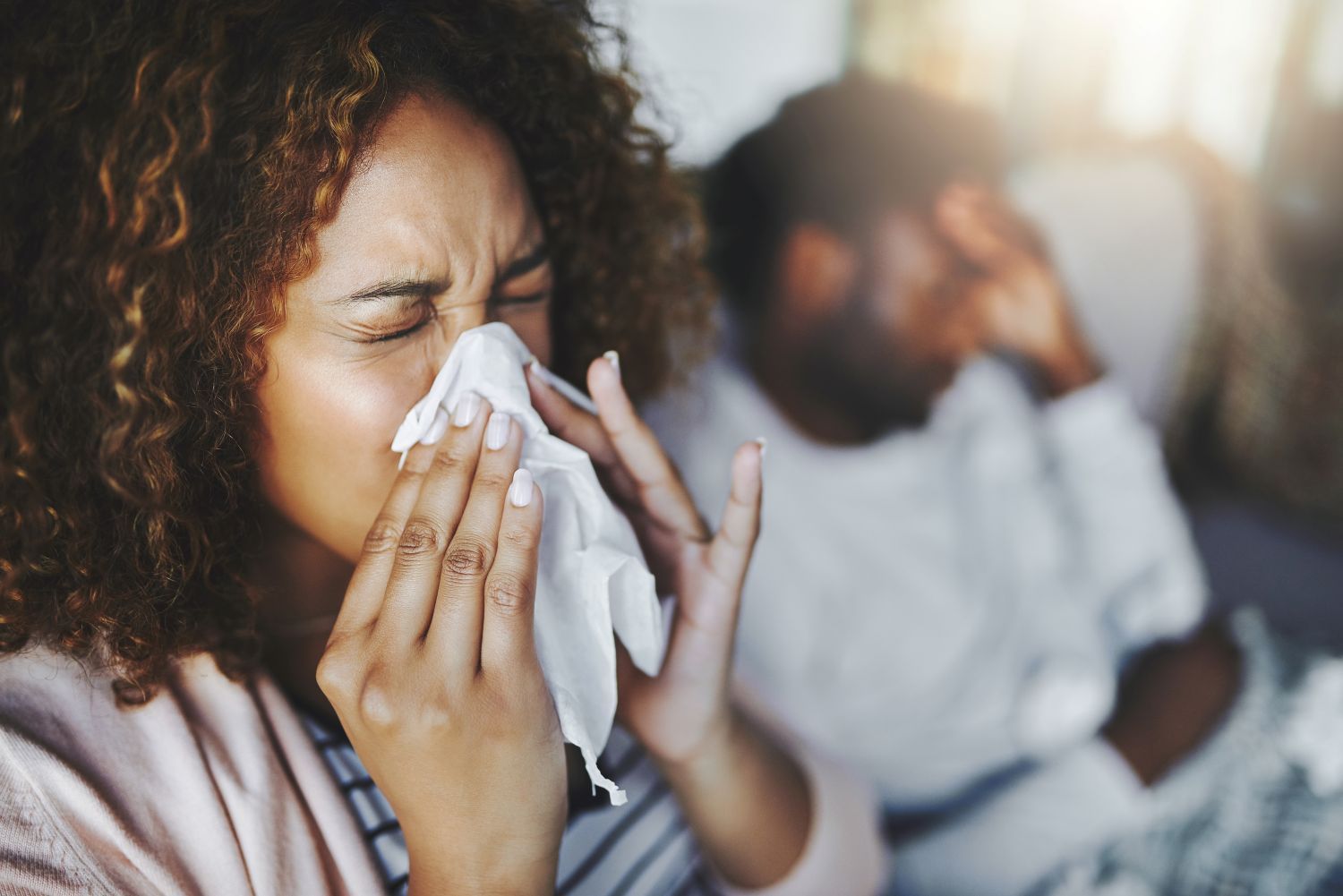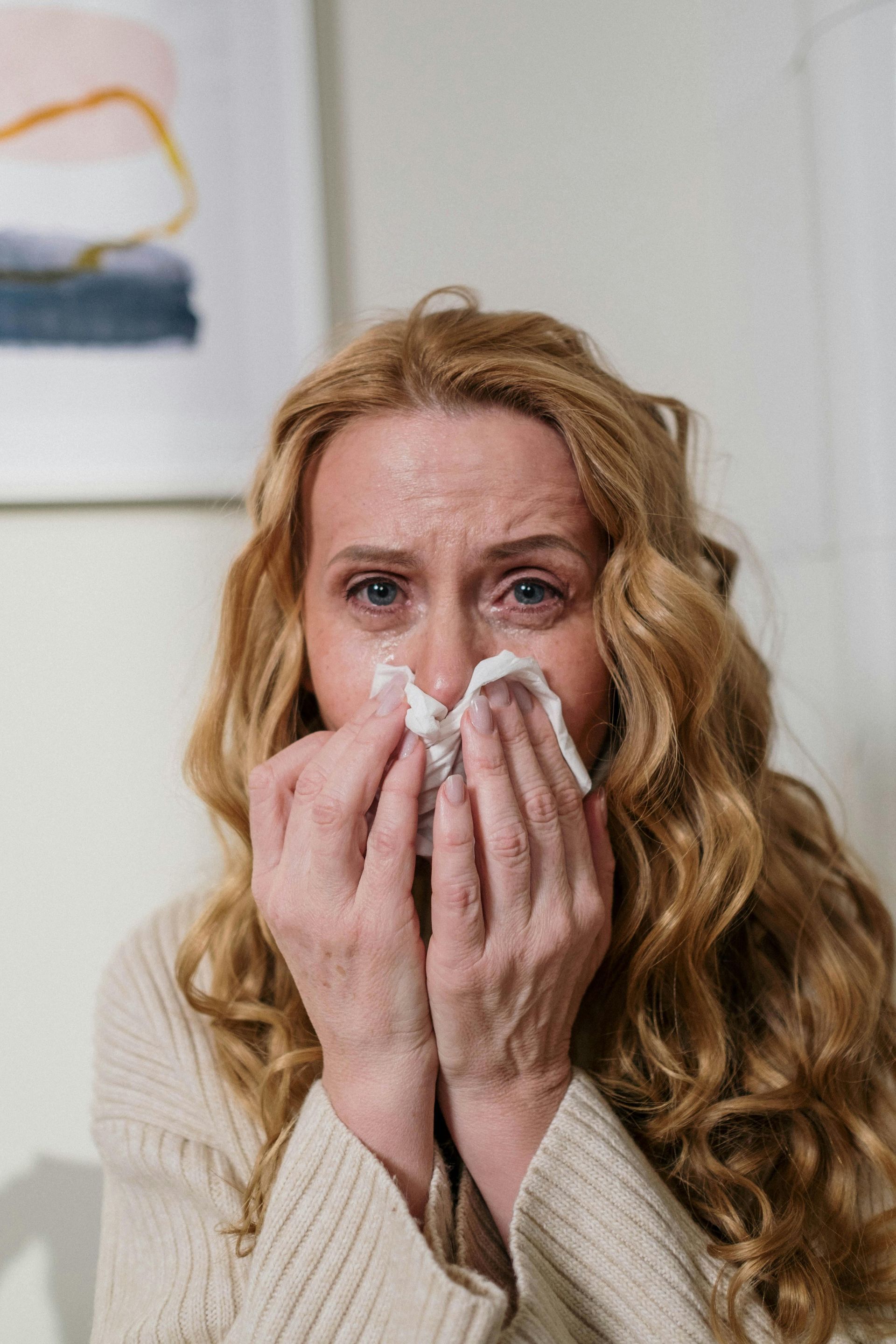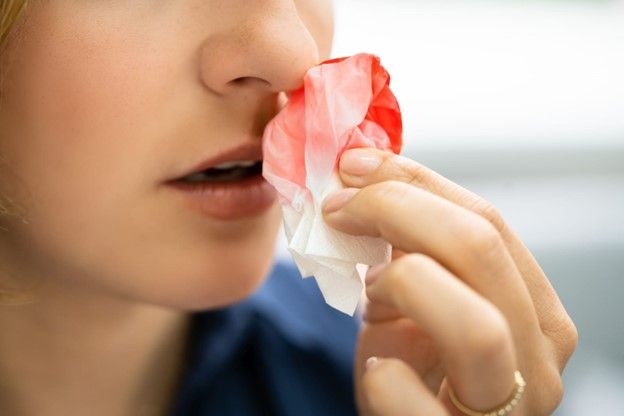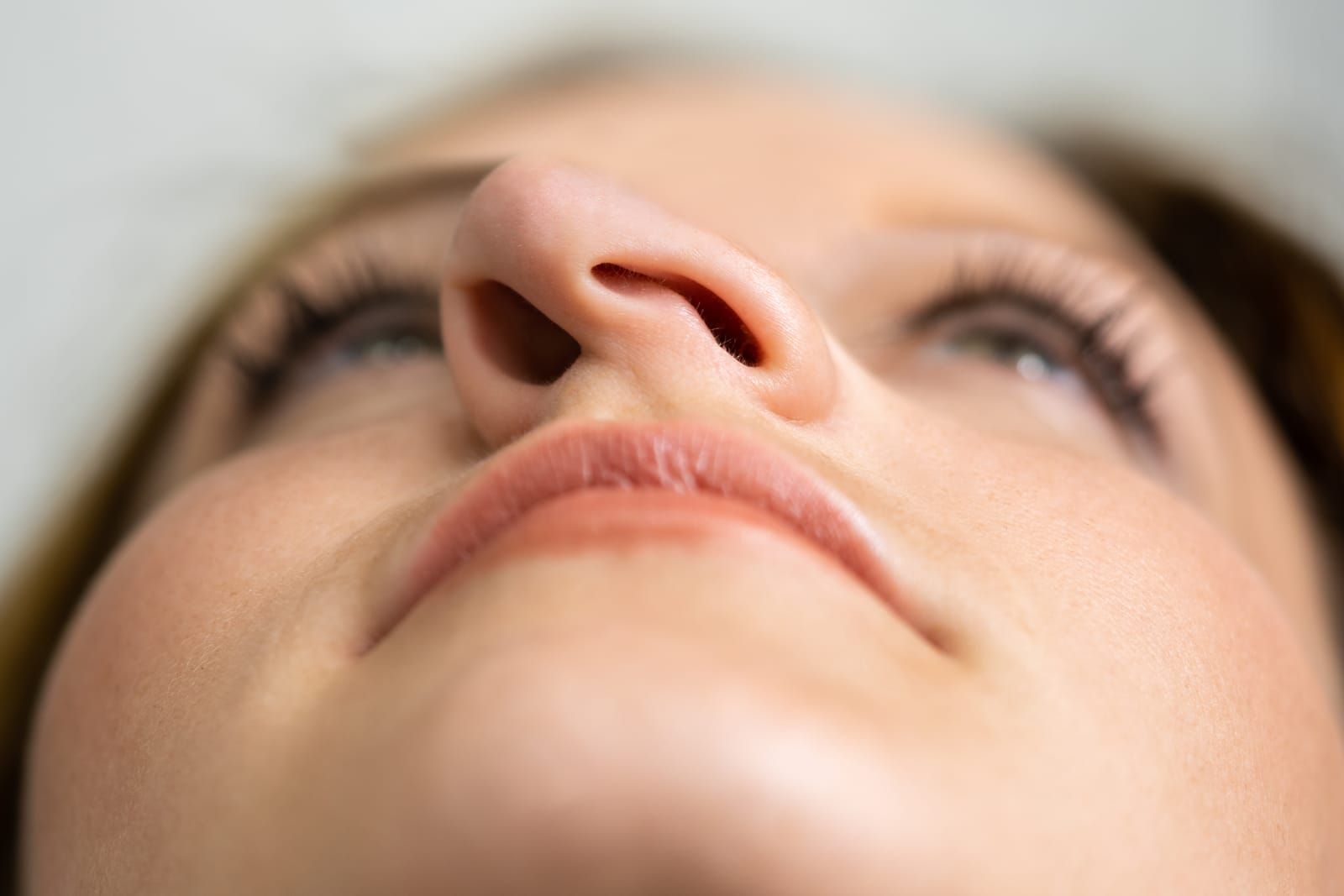How to Prevent Swimmer's Ear
Swimmer’s ear (acute otitis externa) is brought on by infection, inflammation, or irritation of the outer ear and ear canal. Swimmer’s ear often results from water with bacterial or fungal organisms that are trapped inside the ear.
Some symptoms include feeling that the ear is full, drainage from the ear, redness or swelling of the skin around the ear, or more commonly, itching inside the ear. A good test is to tug on your outer ear and if the pain inside the ear worsens, that is a common indicator that you may have swimmer’s ear and should book an appointment with an ENT (ear, nose, throat) specialist. Children, teenagers, and those with highly sensitive skin, excess ear wax, or wearing hearing aids or earbuds are prone to swimmer’s ear. In any case, an ENT specialist will prescribe treatment to reduce the pain and rid the infection.
Preventative Measures
The most common source of swimmer’s ear is increased moisture in the canal from moist environments like baths, showers, and pools. Humid environments create the perfect conditions for the regular bacteria in the skin and ear canal to multiply and build an infection. Below are some guidelines for preventing swimmer’s ear that focus on causes that are often unknowably linked to seemingly unrelated activities and household items:
- Avoid putting your head under water in hot tubs or any potentially polluted water systems. Water bodies with extremely high temperatures or levels of pollution are breeding grounds for harmful bacteria.
- It is important to understand that excessive cleaning of the ear canal can cause breaks in the inner-ear skin which creates an increased opportunity for bacteria to situate.
- Water irrigation treatment to remove ear wax can also damage the inner-ear skin. Unless the ear wax build-up is excessive, remember that ear wax protects your ears from infection. Avoid cleaning out your ears unless absolutely necessary.
- Certain household hair products like hairspray or dye also contribute to bacteria production in the ear canal. Try putting cotton balls in your ears while using these products to prevent infection.
- Other skin conditions affecting the ear canal like eczema and seborrhea increase the chances of swimmer’s ear as well. Enjoy swimming and humid climates by staying on top of your skin condition’s necessary treatment.
- What’s often called swimmer’s ear can also be caused by ill-fitting hearing aids, or contaminated earbuds, earphones, or other ear devices. Be picky with what you put inside your ears; have a specialist ensure your hearing aids are the right fit and ensure the cleanliness of any ear devices by sanitizing them before use.
More commonly known causes of swimmer’s ear include heavy perspiration, prolonged time spent in a humid climate, or water trapped in the ear canal after swimming. You can work to prevent you or your child from contracting swimmer’s ear by drying the ears thoroughly after periods of major moisture.
In the case of contracting swimmer’s ear, be sure to avoid over-the-counter ear drops in children with ear tubes or a hole in the eardrum (tympanic membrane perforation).
Please call ENT Care Centers at (502) 837-7838 or visit our website to speak to one of our many health professionals about swimmer’s ear or any other ear, nose, or throat concerns. You are sure to receive the compassionate care you and your family deserve.













